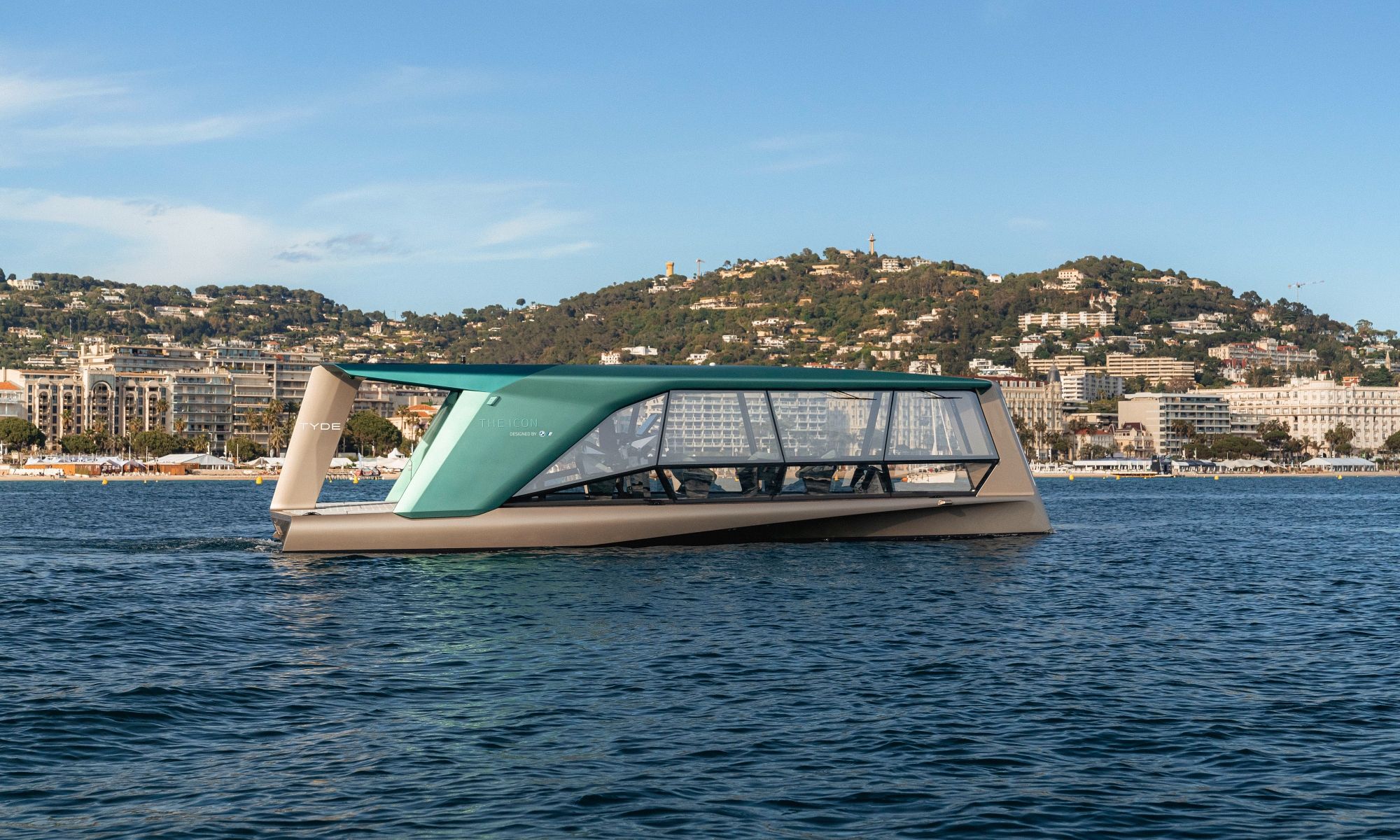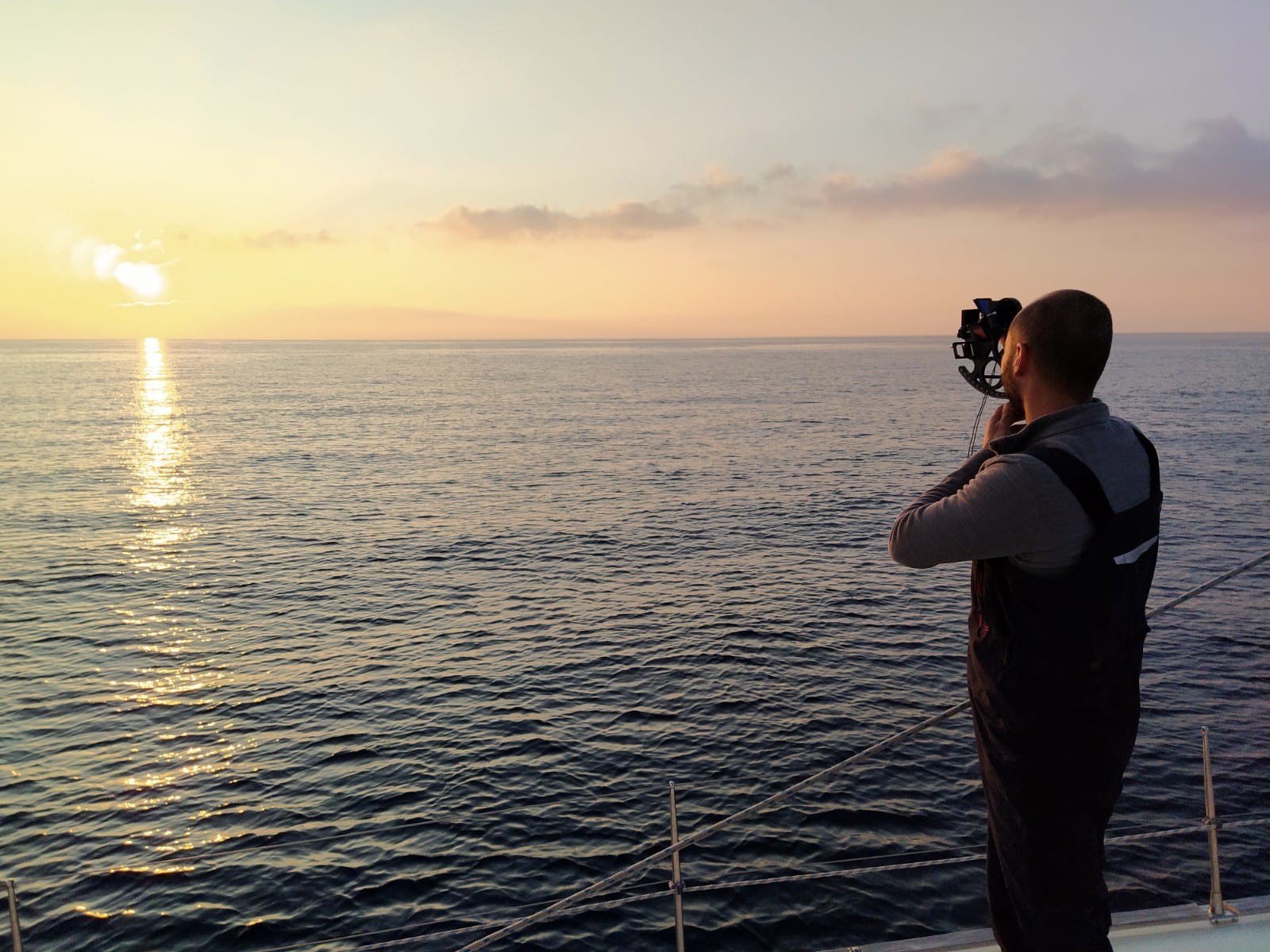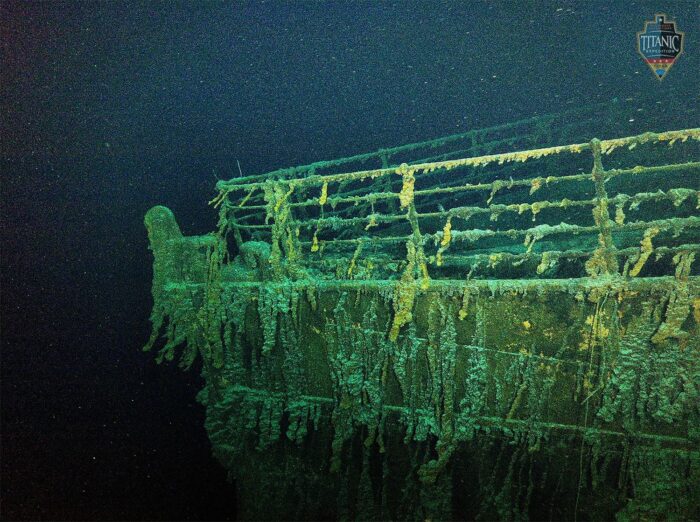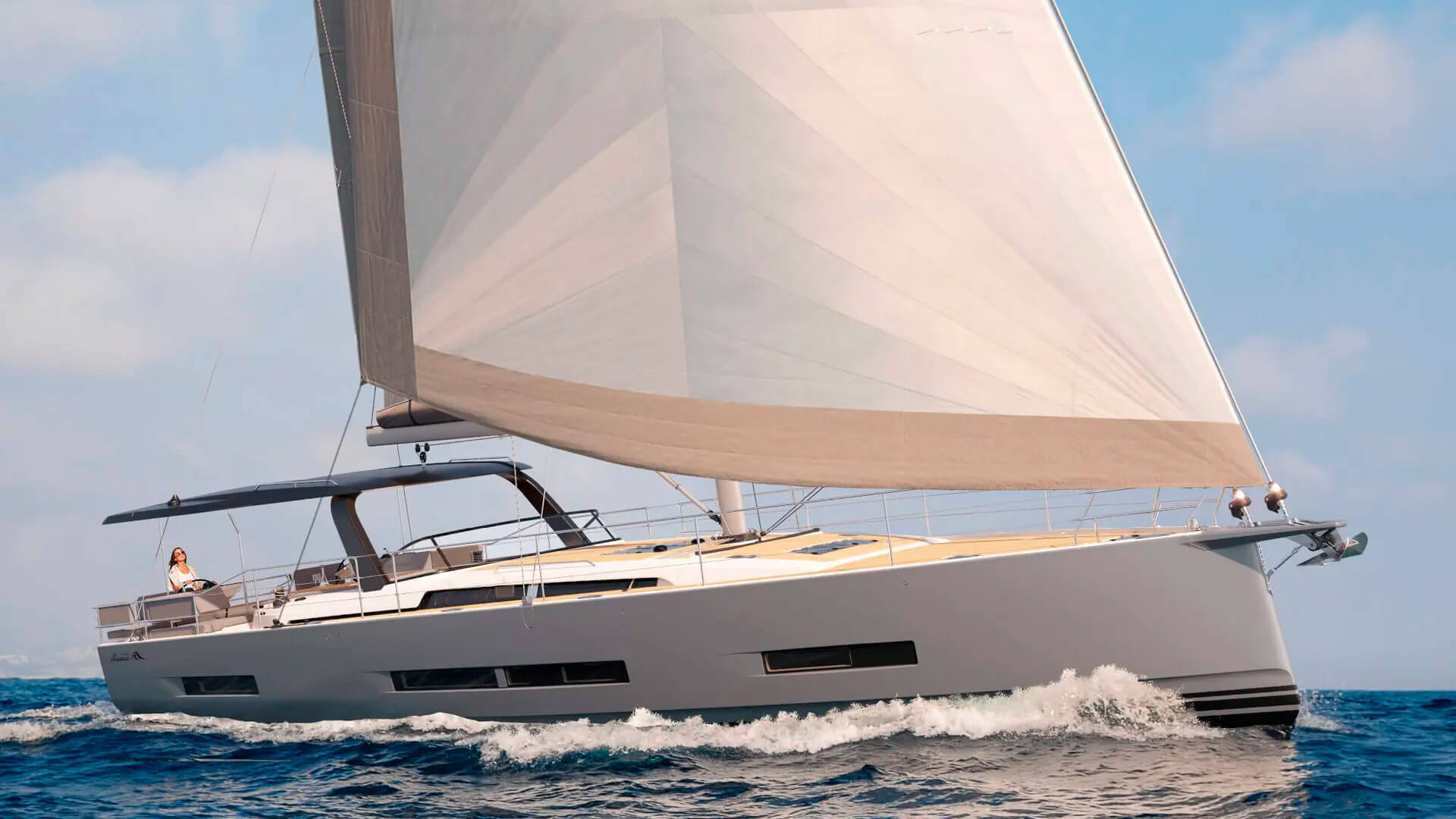
Germany gets ready for world’s first autonomous voyage
The 30th of September the world’s first 1000 nm autonomous voyage will depart from Germany. This initiative belongs to Sea Machines Robotics, which will be testing its SM300 autonomous self-piloting system.
Nellie Bly is the autonomous vessel equipped with SM300 that will be involved in the Machine Odyssey. The journey will begin and end in Hamburg, Germany, stopping in other port stops in Kiel, Troense, Copenhagen, Skagen and Heligoland amongst others.
A remote team
Even though the vessel will be crewed with Sea Machines mariners, the vessel will be supported by a remote team. The remotely controlled ship will be monitored from a shoreside station in Boston, Massachusetts. This team has been the one involved in the development, testing and perfecting of the SM300 autonomous marine technology.
Sea Machines builds autonomous command and control technology for marine navigation. These systems can be incorporated on vessels from all over the world. Besides the SM300 autonomous command and control used in this journey, the company also works on wireless remote-helm control and advanced perception and situational awareness.
The history behind Nellie Bly
The company decided to name the autonomous boat after Nellie Bly, one of the US most famous journalists. In 1889, Bly, inspired by Jules Verne’s book “Around the World in 80 Days”, took a 25,000 mile journey around the world.
Born in 1864, Nellie Bly focused her early work for the Pittsburgh Dispatch on the lives of working women. In 1887 she left the newspaper and headed to New York City, where she took an undercover assignment to investigate reports of brutality and neglect at the Women’s Lunatic Asylum.
She published Ten Days in a Mad-House which caused a sensation and forced the insane asylum to implement reforms. Then, inspired by Around the world in eighty days, she circumnavigated the globe, setting an international record by completing the voyage in 72 days.
Now, she will be impersonating this desire for travel in this new vessel that is getting ready for its journey in a shipyard in the Netherlands.
You might like: knowing about this cruise that also got inspired in Around the World in 80 Days.
What advantages does autonomous voyage bring?
The term autonomous ship is used to depict self-sailing crewless vessels, but there are different stages of autonomy. There are:
- Manned ships - traditional crewed vessels with human operators taking the decisions
- Remote ships - controlled by a human operator ashore
- Automated ships - runned by a pre-programmed software and that operate within the scope of the algorithm
- Fully autonomous ships - operating systems that can calculate consequences, risks and take decisions by itself.
This technology increases predictability, safety, efficiency and productivity, meaning it will be easier and safer to travel in autonomous vessels. This allows mariners to work smarter and delegate effort to advanced self-piloting technology.
Moreover, they reduce crewing costs and the Maritime Unmanned Navigation through Intelligence in Networks (MUNIN) has predicted they will save over 7 million dollars over a 25 year period in fuel consumption, crew supplies and salaries.
Also, this technology comes with multi-modal situational awareness, meaning it recognises and tracks and avoids collisions. The commercial marine industry has an accident rate that exceeds that of cars and airlines.
These accidents are caused by human limitations such as fatigue or distractions caused by loss of attention due to long transits. Autonomous voyages would avoid mistakes like the one of the Suez Canal blockage.
The disadvantages of autonomous boats
Even if they offer operational savings, the large capital expenditure in the initial investment in the technology might turn many people away. Especially in the early stages of its development, the investment results are very costly.
This not only involves the ship itself, but also the setting up of onshore operations to monitor the fleet movement. Also, many current marine infrastructures are not compatible with unmanned vessels.
These disadvantages bring people to think it is not viable economically in the immediate future. Moreover, there is always value in the human presence on board to oversee operations, meaning we will not be seeing machines dominate the industry in the near future.
What is your opinion regarding autonomous vessels? Share your thoughts with us on Facebook, Instagram or Twitter.
Image credit to Arie Boer and Sea Machines.













_v2.svg)
_v2.svg)









_v2.svg)


